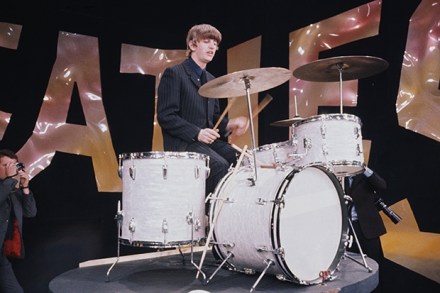So what if Lou Reed was a monster?
Another week, another famous dead person having his grave danced on with gay abandon. This time it’s the late, great Lou Reed’s turn to have his reputation trashed by scandal-sniffing vultures. Less than two years after he died — at least they waited for him to rot, which is something I guess — a new book has been published claiming he was a ‘monster’. It is testament to the 21st century’s feverish obsession with hounding dead heroes and exposing their wicked streak that my first response upon hearing this was: ‘Of course he was a monster. Everyone is, right?’ According to the book — Notes from the Velvet Undergound, by





